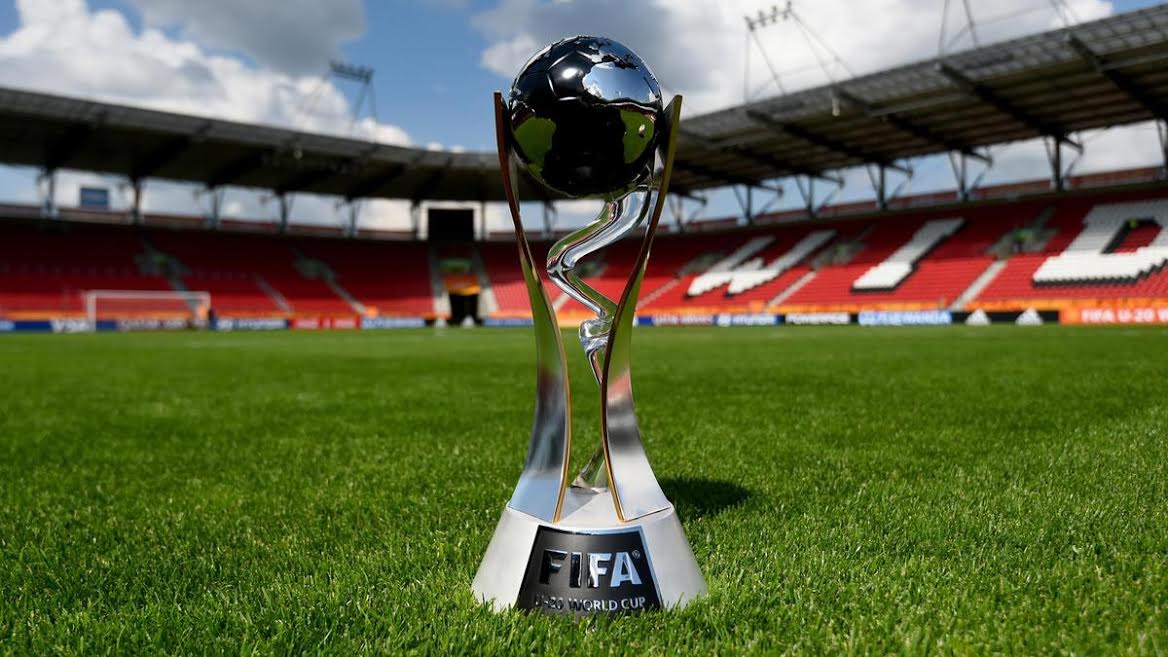On 23 May 2019, FIFA announced the member associations interested in hosting the Under-20 (U-20) World Cup for 2021. The U-20 World Cup is the international men’s youth football championship for the under-20 national teams. Amongst those interested in hosting are member associations from Bahrain, Saudi Arabia, and the United Arab Emirates (UAE), which have decided to jointly bid to host the World Cup. Each of these countries has a history of using sports, specifically football, to ‘whitewash’ their human rights abuses and detract international attention away from their ongoing human rights violations.
For many countries in the Gulf Cooperation Council (GCC), especially the UAE, football is a way of gaining global power. The UAE has used sports to create a positive image and to secure influence by enacting soft power through sponsorships and team ownership. ‘Fly Emirates,’ an airline that is a subsidiary of the Dubai government’s investment arm, is the most common shirt sponsor across the European leagues. It is the official shirt sponsor of popular teams like Real Madrid, and is one of only five companies out of over 200 that sponsor more than one league. Along with its sponsorships, the UAE owns football teams like Manchester City, and has expanded its ownership to acquiring teams from various other countries. The UAE’s strong connections in the football world has overshadowed its history of abuses and human rights violations. For example, in 2017, the UAE hosted the FIFA Club World Cup. In that same year, the UAE imprisoned Tayseer al-Najjar, a Jordanian journalist, on charges of ‘insulting state symbols’.
Bahrain’s role in football is equally complicated, and the kingdom’s desire to jointly host the U-20 World Cup is interesting considering its history with the targeting of athletes. Recently, the Bahraini government targeted Hakeem AlAraibi, a former Bahraini football player who played for the Bahraini national team. Having been arrested and tortured while in prison in 2012, Hakeem fled to Australia in 2014 to seek refugee status, which was granted to him in 2017. Hakeem was detained in Thailand while on vacation with his wife in November 2018 on the basis of INTERPOL Red Notice, issued upon the request of Bahrain in relation to a criminal conviction. If extradited to Bahrain, Hakeem likely would have faced further imprisonment and torture, but following an international advocacy campaign Hakeem was released in February 2019 and able to return safely to Australia.
Hakeem was highly critical of Sheikh Salman AlKhalifa, president of the Asian Football Confederation (AFC), for not intervening on behalf of athletes who were arrested and tortured for participating in pro-democracy protests in 2011. The Bahrain Football Association – headed by Sheikh Salman AlKhalifa at the time of the 2011 movement – oversaw the suspension and targeting of players who were involved in the protest. The re-election of Sheikh Salman AlKhalifa as AFC president has raised concern due to his likely role in targeting Bahraini athletes for exercising their right to free expression.
Saudi Arabia has also joined Bahrain and the UAE in their joint bid. Saudi Arabia, despite not having a strong link with sports, is using every effort to divert all attention from its human rights abuses. This can also be seen with Crown Prince Mohammed bin Salman’s (MbS’s) Vision 2030 plan, presented in 2016, which aims to diversify the Saudi economy. The seemingly progressive plan is merely an effort to ‘whitewash’ the kingdom’s human rights abuses, which includes the killing of journalist Jamal Khashoggi, and tries to falsely depict MbS as a “modern reformer.”
These countries hosting the U-20 World Cup raises other concerns, considering their Gulf neighbor Qatar is hosting the 2020 World Cup and that has been surrounded by allegations of rights abuses. The joint bidding of these countries has raised concerns, particularly surrounding Qatar hosting the 2022 World Cup. The decision to award this bid to Qatar has been highly contested due the country’s numerous human rights violations, including the use of forced migrant labor. In November 2017, following the publicity of abuses and human rights violations related to World Cup projects, the Qatari authorities announced that they would work with the International Labor Organization to reform its kafala system. However the reform has failed to adequately solve these issues and workers still face exploitation and ill treatment. Under the kafala system, workers require a visa sponsored by their employer, giving the employers more power, and often have their passports confiscated upon arrival. Workers also frequently suffer difficult work and living conditions in Qatar.
The UAE, Bahrain, and Saudi Arabia’s strategy of jointly bidding to host the U-20 World Cup is part of a broader and ongoing effort to distract the international community from paying attention to their severe human rights violations. These countries have a history of contravening international human rights norms and should not be allowed to host the U-20 World Cup until concrete measures have been taken to significantly improve their human rights situations.
Tia Jackson is an advocacy intern with ADHRB





